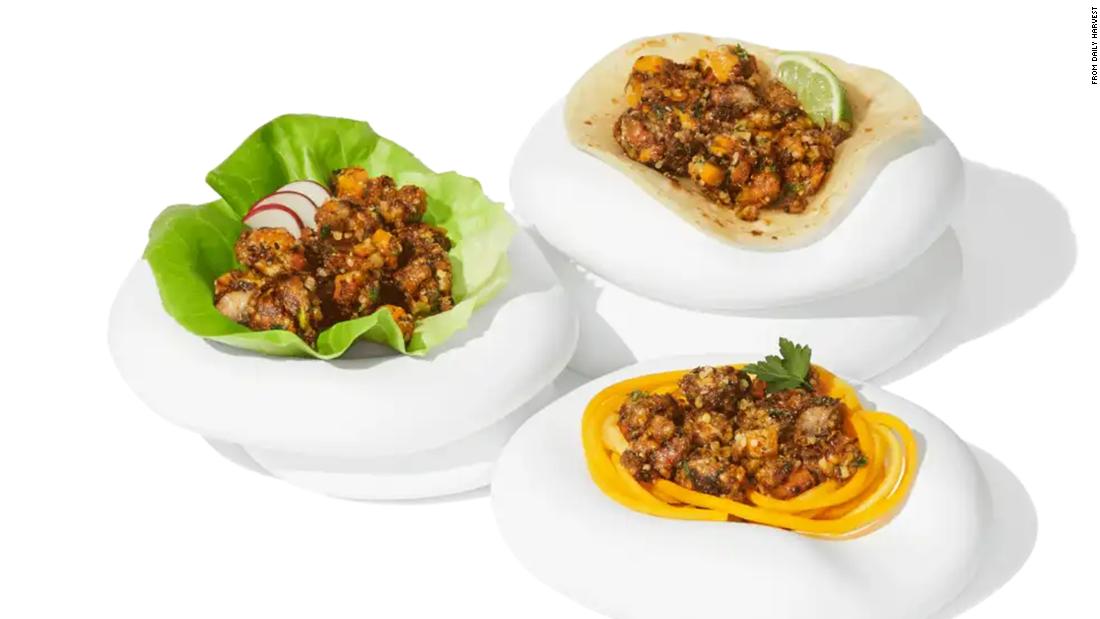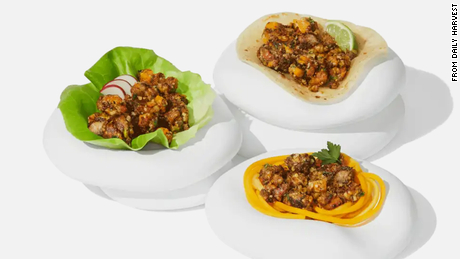“At this time, we have identified tara flour as the cause of the issue,” Daily Harvest founder and CEO Rachel Drori said in a
company blog post Tuesday afternoon. Tara flour is made from the seeds of tara trees, which are native to South America.
“This was the first and only time we’ve used tara flour, which has been available and used in the North American market as a plant-based source of protein prior to our use,” Drori added. “Our investigation team will continue working with the [US Food and Drug Administration], the tara flour producer and others to help determine what specifically made people sick.”
The FDA said in a statement last week that its “investigation is ongoing” into the reports of illness linked to the product.
Drori also emphasized that the company has only used tara flour in its French Lentil and Leek Crumbles, adding, “we are no longer sourcing from this producer who does not provide any ingredients for our 140+ other items.”
The company did not immediately disclose the tara flour producer in Tuesday’s blog post.
The update comes weeks after the direct-to-consumer brand became
embroiled in controversy when a slew of online influencers reported becoming seriously ill after consuming its product. Several people told CNN Business last month that they spent time in the hospital with mysterious symptoms that initially puzzled doctors. The company has been hit with
multiple lawsuits from individuals who said they had their gallbladders removed. (Daily Harvest previously declined to comment on the pending litigation).
Launched in 2016, the meal kit service rose to fame by employing social media influencers to assist with its marketing. Last November, the company said that it had
secured Series D funding that valued it at over $1 billion.








More News
Boeing Loses $355 Million in Latest Quarter
What a TikTok Ban Could Actually Mean, and More
TikTok’s Pro-China Tilt